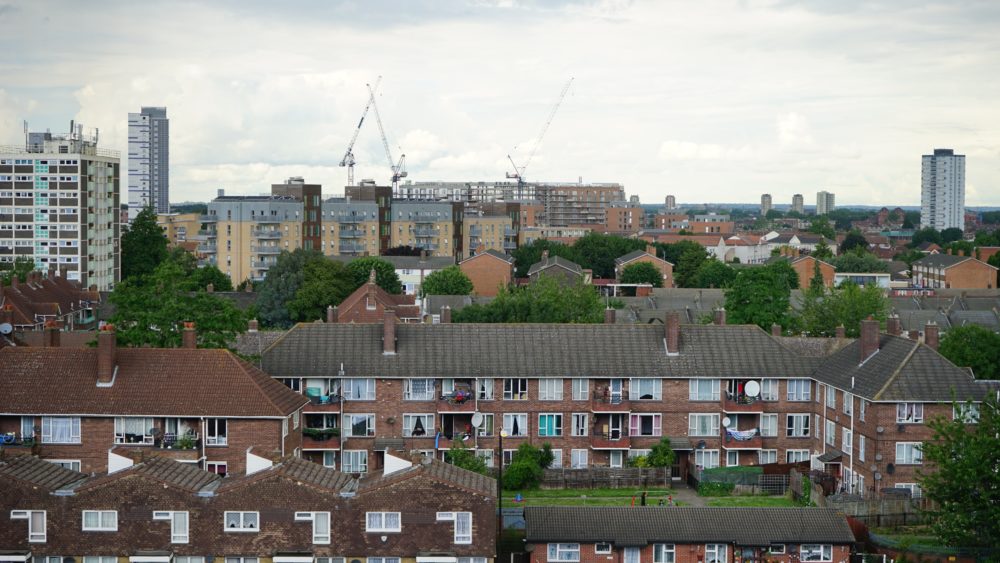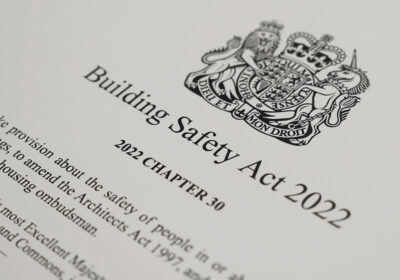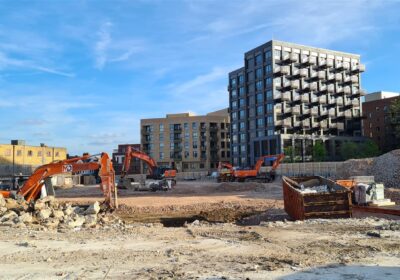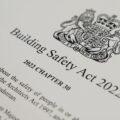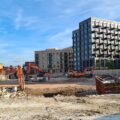Just before Christmas as we were shutting down our screens, out popped a GLA Practice Note to entertain us all over the festive break.
There has been plenty of speculation as to what the Mayor of London might do in response to London’s weakening housing delivery. Speak to any developer and they will tell you two things about the London planning pipeline. First, most extant permissions for vanilla residential remain stubbornly underwater. Second, the time for thinking in cycles is over. Rather we are witnessing a long-term shift that will necessitate a change of approach to housing and planning policy. But will politicians and policy makers listen.
The Practice Note tries to address some of the thorny viability issues afflicting the London development pipeline, past, present and future. However, reading it makes you wonder whether the Mayor’s team has shied away from more radical interventions to avoid red on red animosity.
The paper says three significant things. First, the Mayor is clear. He doesn’t support Boroughs requiring more than 35% affordable housing on sites from private led development. There have been quite a few Councils lately who have broken with the pack and exceeded the London Plan threshold in their Local Plans. This flies in the face of reality – nose diving housing starts and it’s right the Mayor calls this out.
The Mayor could have gone further in his condemnation but its welcome its been acknowledged as an issue. Everyone in the built environment recognizes there is an affordable housing challenge but simply trying to put the problem onto the private sector by making the thresholds unachievable will not lead to an uptick in development. It will, over time, push out investment in those Boroughs out of step with regional policy.
Second, the Mayor is willing to flex his 35% ask on all housing schemes if the affordable which comes forward is social rented. What this means is if a scheme can offer the social rent component it would have been required to achieve in policy, the Mayor is willing to let go of the intermediate and allow the scheme to follow his fast track i.e. no rigorous viability. That will be attractive for some.
This is a welcome nudge but it also feels like a political patch up. I am sure more radical interventions were tabled inside City Hall. For example, I had been to one breakfast event where the Deputy Mayor for Planning had even mooted a temporary cessation of all affordable housing requirements just to get housing going again. This clearly didn’t get the necessary traction and by going down this route the GLA might nudge a few schemes forward but will it be enough for all the stuck consents out there.
Finally, late-stage reviews are to be tweaked. In my view, late-stage reviews really only work in a rising market, in a down market they are and have become a huge housing logjam. The Mayor is now saying that if schemes can be brought forward quickly the GLA is willing to allow developers to take 70% of the surplus profit not the current 40% if a quarter of the homes are affordable on site.
Many will be disappointed to read whilst late-stage reviews are being flexed they are staying. The amendment is welcome but again will it be enough. My hunch is it will help a few stuck consents but the overall bureaucratic inflexibility of these mechanisms will continue to prevent housing from coming forward. They need a more fundamental rethink.
Overall, I applaud the Mayor and his team for acknowledging the problem but the practice note doesn’t go far enough in my view. There still remains a prevailing perception across our policy makers that the planning system can continue to work the way it has before. We need a radical simplification which marries public benefit with the ability to allow the private sector to make decent profit whilst building the majority of the homes this country needs. This the Mayor cannot do alone.

